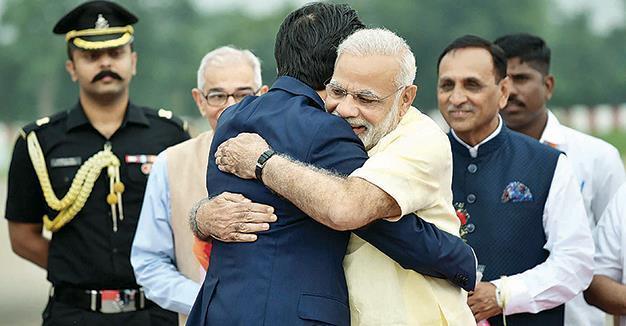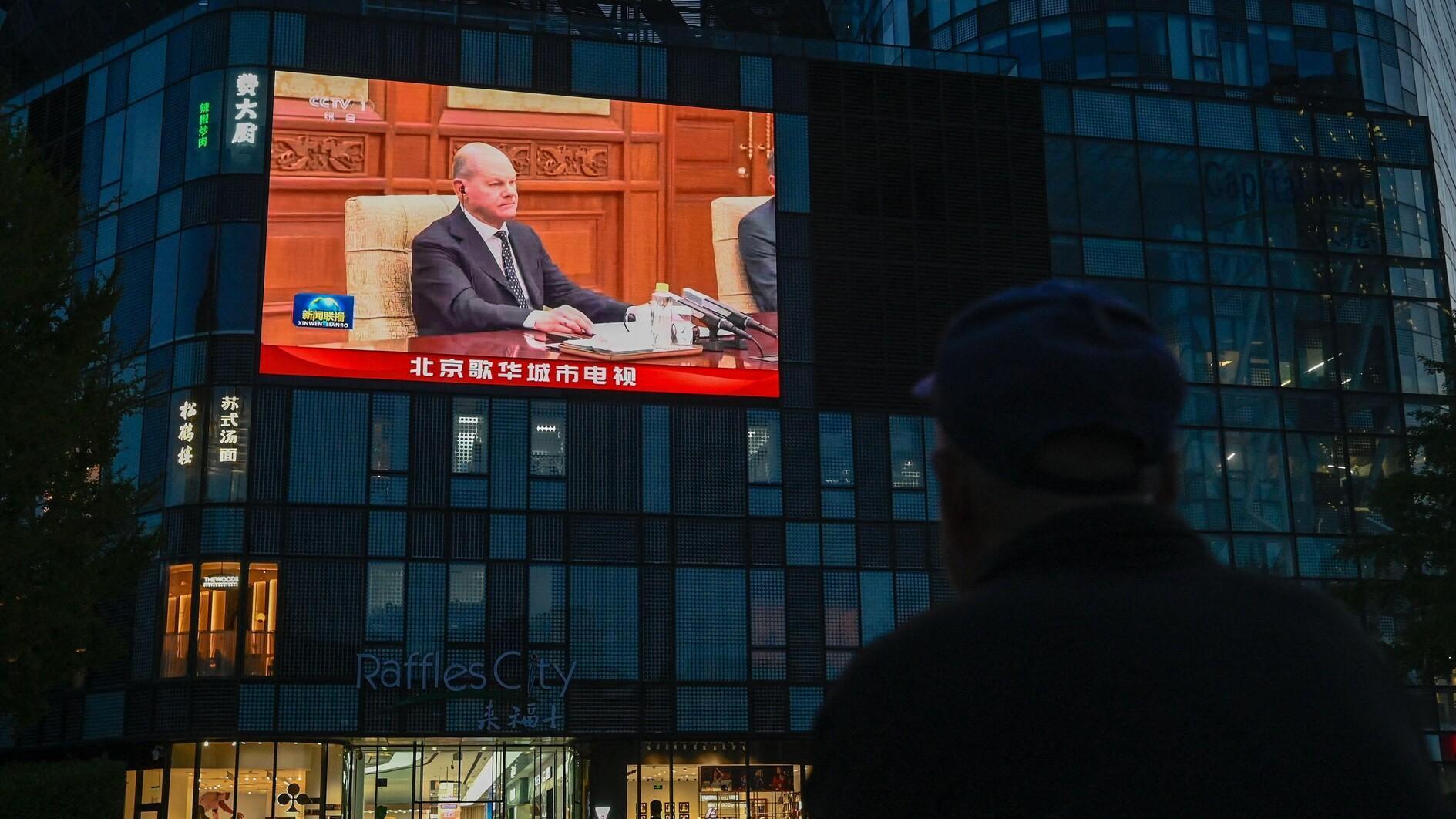Modi, Abe get India’s first bullet train going as ties deepen
NEW DELHI-Agence France-Presse
 As India’s premier Narendra Modi and his Japanese counterpart Shinzo Abe prepare to break ground on the country’s first bullet train project on Sept. 14, experts say the collaboration could signal a massive leap for its overburdened and deadly railways.
As India’s premier Narendra Modi and his Japanese counterpart Shinzo Abe prepare to break ground on the country’s first bullet train project on Sept. 14, experts say the collaboration could signal a massive leap for its overburdened and deadly railways.India’s colonial-era rail network carries some 22 million passengers daily, making it one of the busiest in the world. But it is also among the most dangerous.
A government report published in 2012 said almost 15,000 people were killed every year in rail accidents, describing the deaths as an annual “massacre” due mainly to poor safety standards.
Modi has pledged to invest billions of dollars to modernize the country’s crumbling railway infrastructure, which is plagued by delays, and the bullet train was one of his key election promises ahead of a landslide victory in 2014.
As New Delhi and Tokyo seek to forge closer ties to combat China’s growing regional influence, the project offers a diplomatic and economic boost.
The premiers will lay the foundation for the bullet train network in the western city of Ahmedabad -- connecting Modi’s home state of Gujarat with India’s financial capital Mumbai.
Japan is a pioneer in high-speed rail transport -- with its Shinkansen bullet train ranked among the fastest in the world.
With projected top speeds of up to 350 kilometers (217 miles) an hour -- more than double the maximum speed offered by the fastest trains operating in India -- it will reduce travel time between the two cities from eight hours to at most three-and-a-half hours.
The new train, which will have a capacity of 750 passengers, is also expected to be safer than the country’s creaking rail network, the world’s fourth largest by distance.
Modi recently replaced his railway minister after a series of derailments, including one last month in which at least 23 people were killed in northern Uttar Pradesh state. Nearly 150 died in a similar accident in November.
The agreement for the 508-kilometer network was signed in 2016, with plans to make it operational by December 2023.
Nearly 85 percent of the total project cost of $19 billion will be provided by Tokyo in soft loans, with repayment over 50 years.
















